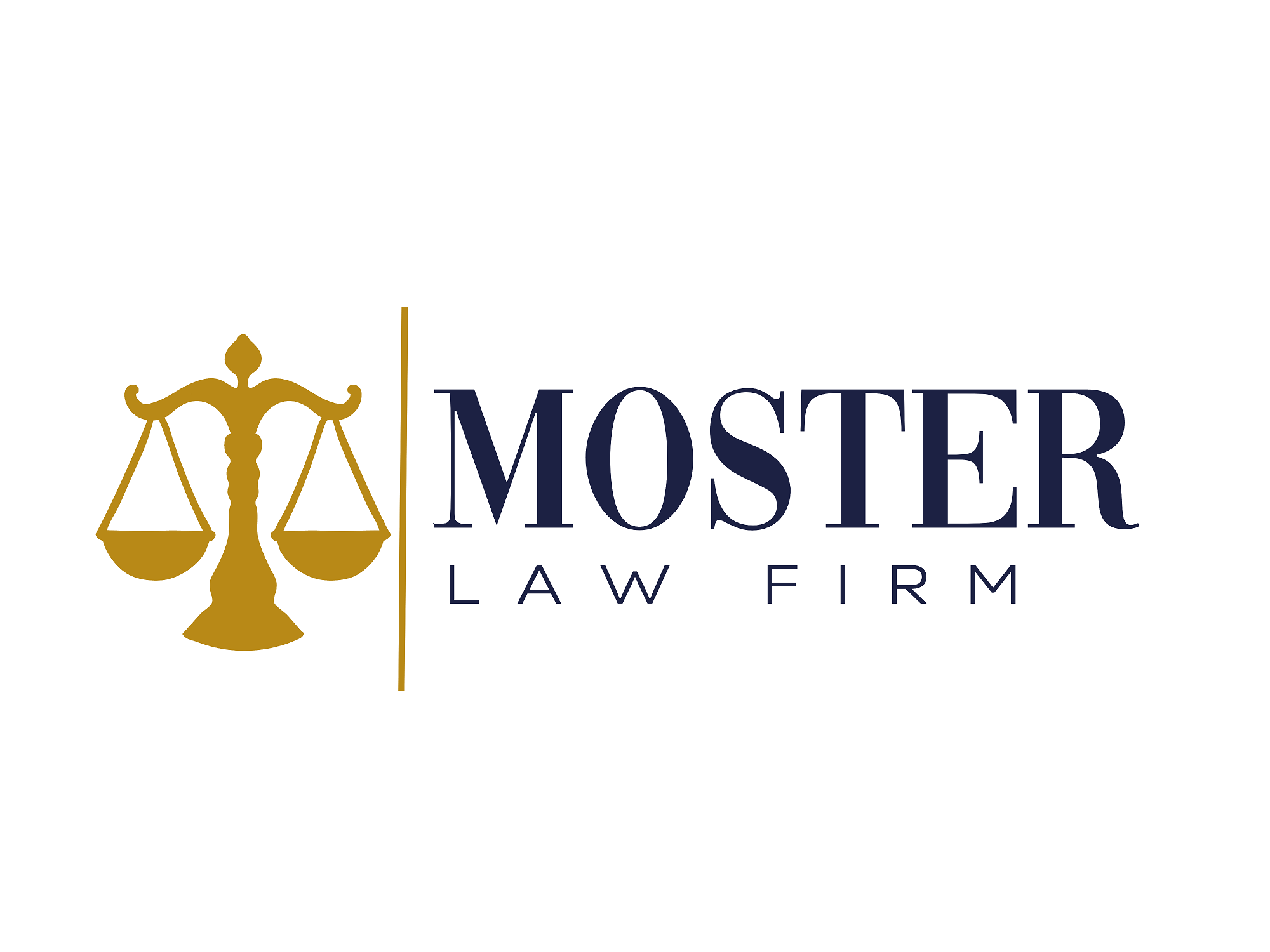OK, it will seem self-serving to write an article about selecting an attorney so let me start with a statement that will hopefully preserve my credibility – My firm is not a good fit for many clients.
Like doctors and other professionals, lawyers come from different backgrounds and have varying degrees of training and experience. The analogy to medicine is not improper in that the choice of the wrong professional can lead to the death of the patient or client. So what are some of the important factors to consider in selecting the right attorney for you?
Experience – Experience – and more Experience – You got it, experience is number one on the list! Before even visiting with a potential attorney check out his/her experience in the specific area for which you are seeking advice and be as narrow as possible. For example, if you are planning on starting up a restaurant, find out the attorney’s experience in that particular area and ask the ultimate question: “Have you represented restaurants before? How about startups? How many have you done?”. Believe me, that will screen out 90% of the lawyer pool. If you find a counselor making an argument that starting up an internet business is similar to a restaurant – well – RUN FOR THE NEAREST EXIT DOOR. Consider checking out www.lawyers.com in your screening process as it is an excellent source of lawyers and you can refine the search based on the applicable city and practice area. Another factor to consider is the rating conferred upon the lawyer from Martindale Hubbel which has a rating system. The best rating which is very difficult to achieve is “AV Preeminent”. I would put these award winners at the top of your list. And… check the State Bar site to see if the prospective attorney has a record of disciplinary violations. Also – be aware of the status of “Super Lawyer” in a big name magazine as the only thing usually “super” about this bogus certification is the payment of a large fee to the magazine for the advertising glitz. Of course, there are some legitimate certifications, but don’t immediately fall for the bait.
Education – Yes – that is an important factor but not the most important. Most law schools provide an excellent foundation for new lawyers who (frankly) can’t know much of anything at all when they first graduate. A big-name school is meaningless in my book. Not that this is dispositive by any means, but I have hired and fired well of 100 young attorneys in my career. The success rate for Yale graduates is – “0”. A small city school with an emphasis on basics is often the better choice.
Fancy Office – I’m not one for pretense so I have now stated my bias upfront. That said, beware of fancy offices, fake libraries, and/or fireplaces in an ornate lobby, expensive paneling, lush or Persian Rugs – got the picture. Fancy offices mean lots and lots of overhead and that means the attorney’s hourly rate can be quite high. Oh, if you see branded mineral water bearing the name of the law firm – well – RUN FOR THE NEAREST EXIT DOOR.
Silo Practice – This is a critical factor but hard for the lay public to understand. Most lawyers are experienced in a single practice area – for example – writing contracts which are known as “transactional law”. It is always a better move to find an attorney with a diversified background rather than a single song on her hit parade. Going back to the transactional attorney, most lawyers can write a contract to purchase a business if they have familiarity with commercial law. However, it is preferable to find an attorney who has also been involved in lawsuits relating to business deals as he understands how best to structure and draft the sale contract to minimize the possibility of litigation. Multidisciplinary is the way to go. BTW – ask a contract lawyer if they have a background in internet law (intellectual property). If you get a discernible pause or look of befuddlement – well, RUN FOR THE NEAREST EXIT DOOR. In today’s high-tech environment, any commercial attorney should have a background in intellectual property (internet law, trademarks, licensing agreements, etc.).
Getting the Retainer up Front – There is nothing wrong or out of the ordinary about an attorney requesting a retainer upfront. However, the retainer should be reasonable based on the particular project. For example, the defense of a major lawsuit could require a large retainer, but not so – the drafting of a contract.
Find out the Hourly Rate and Costs – This final factor is critical. Attorney rates are all across the board and should be based on years of experience, education, and other distinguishing factors. Unfortunately, this is not so. An attorney can hang a shingle on the door with little training and still request an unjustifiably high hourly rate. Also, be sure to ask how you are to be charged. For example, larger firms often have an associate (junior) lawyer tailing the veteran partner. Although that’s a good way to train a young attorney, make sure you are not contributing to payment for the learning curve. It is ridiculous to pay for two attorneys sitting in the same meeting when one is perfectly fine! Oh, if during your first paid meeting with the attorney you are introduced to his associate attorney Jane or Joe – well, RUN FOR THE NEAREST EXIT DOOR!
So there you go. Caveat Emptor definitely applies to the selection of an attorney. Be smart, ask tough questions, and definitely wear your best running shoes.

